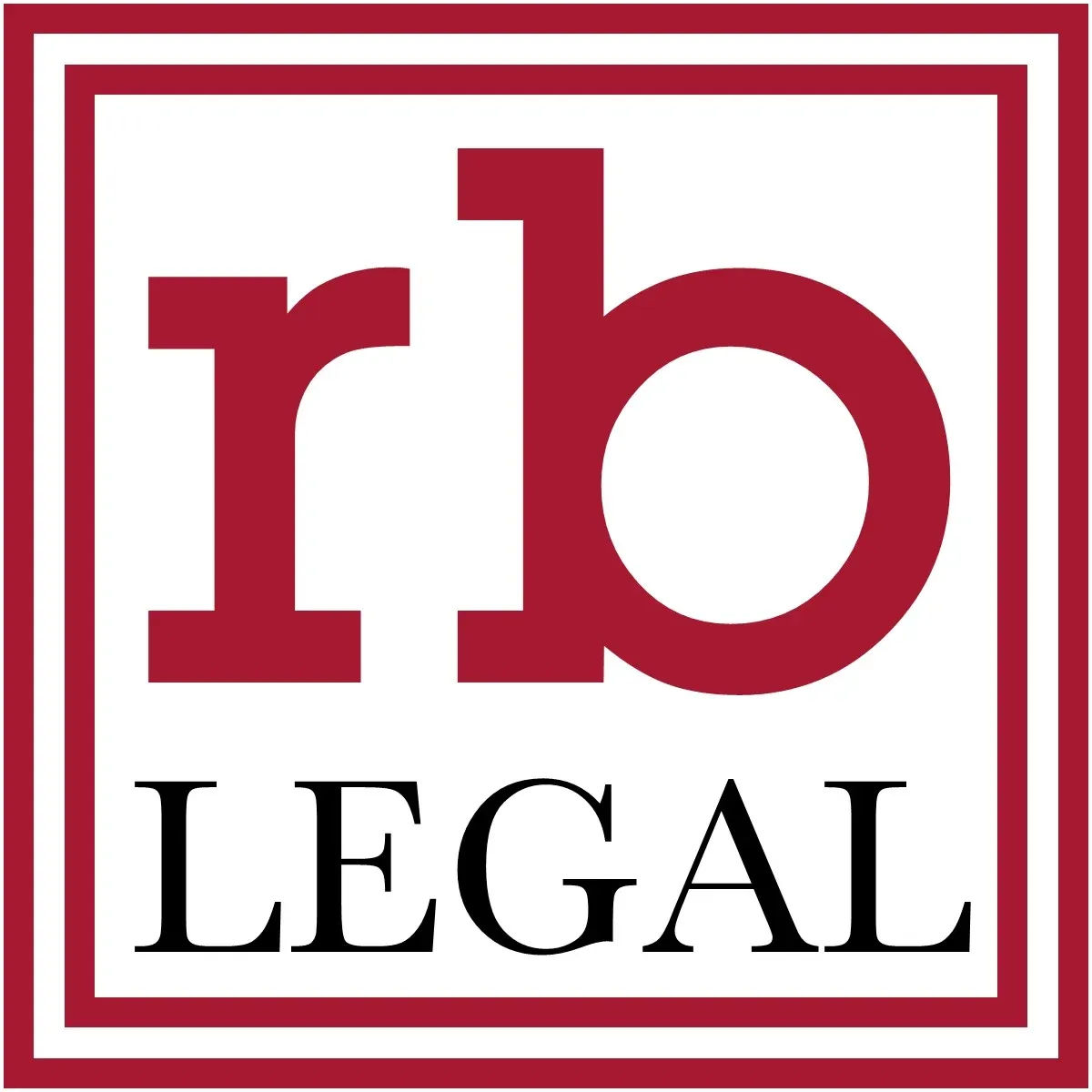Typically, a person’s home is the most valuable single asset – or at least the most valuable real property – that they leave behind when they die. Often, people designate in their estate plan that their home is to be sold and the proceeds returned to their estate to be included in the assets distributed to heirs and beneficiaries. They may designate that the home goes to a specific beneficiary.
Whatever the case, if you’re the one responsible for selling the home, you’re likely anxious to get moving on it. When can you do that?
If the home has to go through probate
So how soon can you start that process? It depends. If the home needs to go through probate, that can easily take months or longer.
That doesn’t mean you have to wait until the probate process is complete to move forward with selling it. However, you will need to have probate oversight of the process.
When can a home avoid probate?
There are a couple of ways a home (and other assets) can avoid probate. If the home was included in a living trust , it and other assets in the trust can bypass probate. It can go to the beneficiary to handle as they choose or be sold and the assets returned to the estate almost immediately.
Another way one’s home can go directly to a beneficiary and bypass probate is if there is a “transfer on death” deed naming the designated beneficiary. Then the home transfers directly to them.
Just remember that there may be some items in the home that are designated to go to other beneficiaries. Therefore, if you’re in charge of administering the estate , you’ll need to secure the home until that is done.
Caring for the home until it’s sold
Regardless of how long you have to wait to place the home on the market, remember that if you’re administering the estate, it’s your responsibility to secure the home and continue covering mortgage payments, insurance, property taxes and other expenses.
Every situation is different. It’s smart to bring in a real estate agent with experience in selling homes after the owner has died – particularly if it’s in probate. If your loved one didn’t have an estate planning professional, it may be wise to retain your own to advise you on this and other matters.

© 2024 rb LEGAL
The information you obtain at this site is not, nor is it intended to be, legal advice. You should consult an attorney for advice regarding your individual situation. We invite you to contact us and welcome your calls, letters and electronic mail. Contacting us does not create an attorney-client relationship. Please do not send any confidential information to us until such time as an attorney-client relationship has been established.